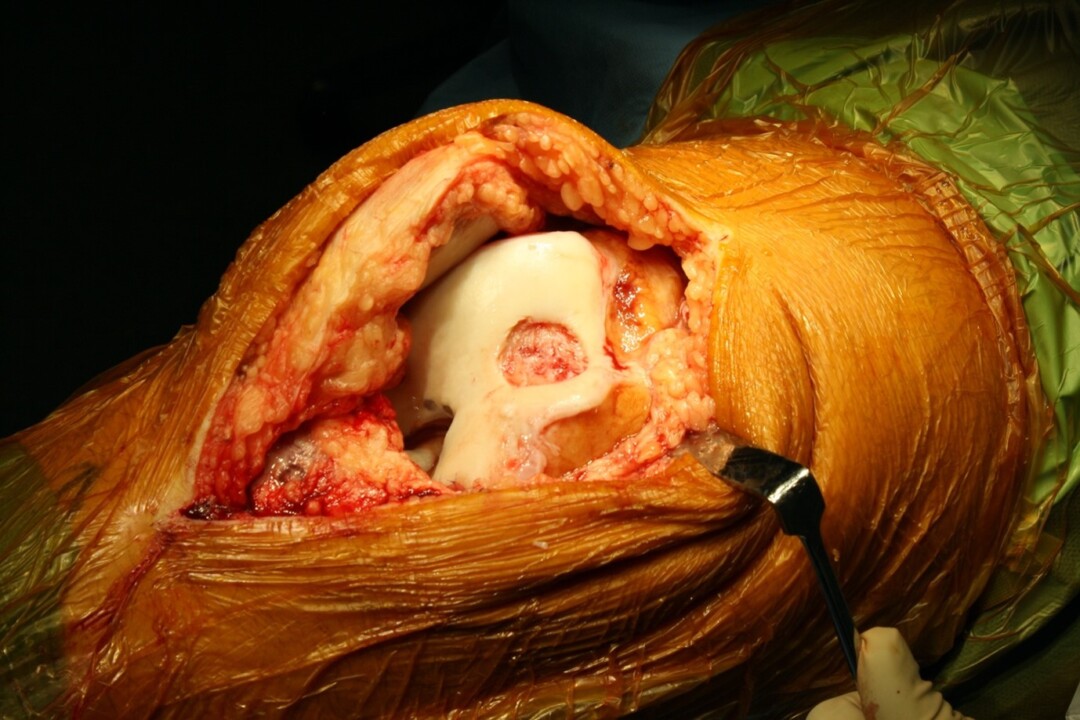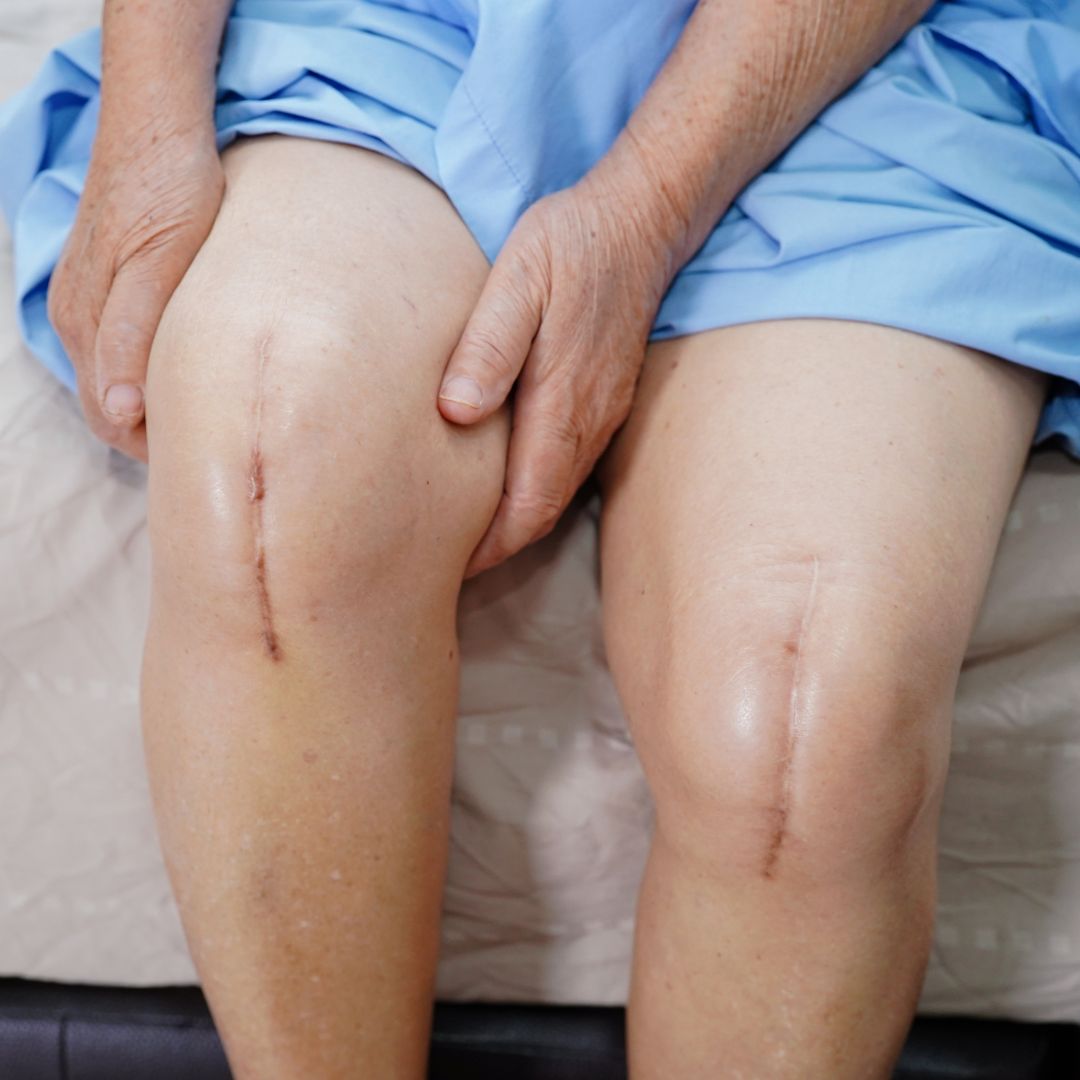Cartilage Regeneration
Professor Divya Prakash offers Cartilage Regeneration in Birmingham, UK
Cartilage Regeneration
Within the realm of orthopedic surgery, Professor Prakash stands as a beacon of expertise, his skill honed through years of dedicated practice. With a penchant for precision, he delves into the intricate world of knee and hip joint surgery.
Amidst the array of procedures he executes, one in his repertoire – Cartilage Regeneration. Through meticulous care and innovative techniques, he strives not only to repair damaged cartilage but also to rejuvenate lives, empowering individuals to reclaim their passion for movement and activity.


ACI/MACI
In the vibrant tapestry of youth, a subtle discomfort can sometimes linger in the knees, a gentle reminder of the body’s intricate mechanics. Yet, this whisper of pain, though not sharply acute, may signal a deeper issue — damage to the articular cartilage. Such symptoms, often brushed aside as inconsequential, can sow the seeds of future affliction if left unaddressed. It’s a silent progression, the gradual deterioration of the once-smooth surface giving way to the insidious grasp of arthritis.
The articular cartilage, nestled on the bone’s surface where it meets its counterparts, operates in a realm untouched by the body’s bustling blood supply. Here, healing is but a distant dream, for the absence of vascular support renders the cartilage unable to mend itself. It’s a paradox of resilience and vulnerability, where the very structure designed to facilitate seamless movement becomes a silent victim of its own limitations.
AMIC
AMIC stands for Autologous Matrix-Induced Chondrogenesis. It’s a surgical technique used in knee surgery, particularly for cartilage repair. In AMIC, the surgeon harvests a small sample of healthy cartilage tissue from the patient’s own body, usually from a non-weight-bearing area of the knee. This harvested cartilage is then implanted onto the damaged area of the knee joint.
The matrix, typically a collagen-based scaffold, is then placed over the implanted cartilage cells to provide support and encourage new tissue growth. This combination of the patient’s own cartilage cells and the supportive matrix aims to stimulate the regeneration of healthy cartilage in the damaged area, promoting healing and potentially reducing pain and improving function in the knee joint.
AMIC is often used for treating focal cartilage defects in the knee, particularly in younger patients who want to preserve their joint function and delay or avoid more invasive procedures such as knee replacement surgery.

